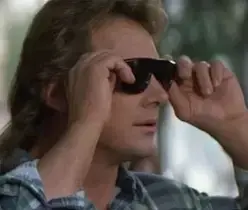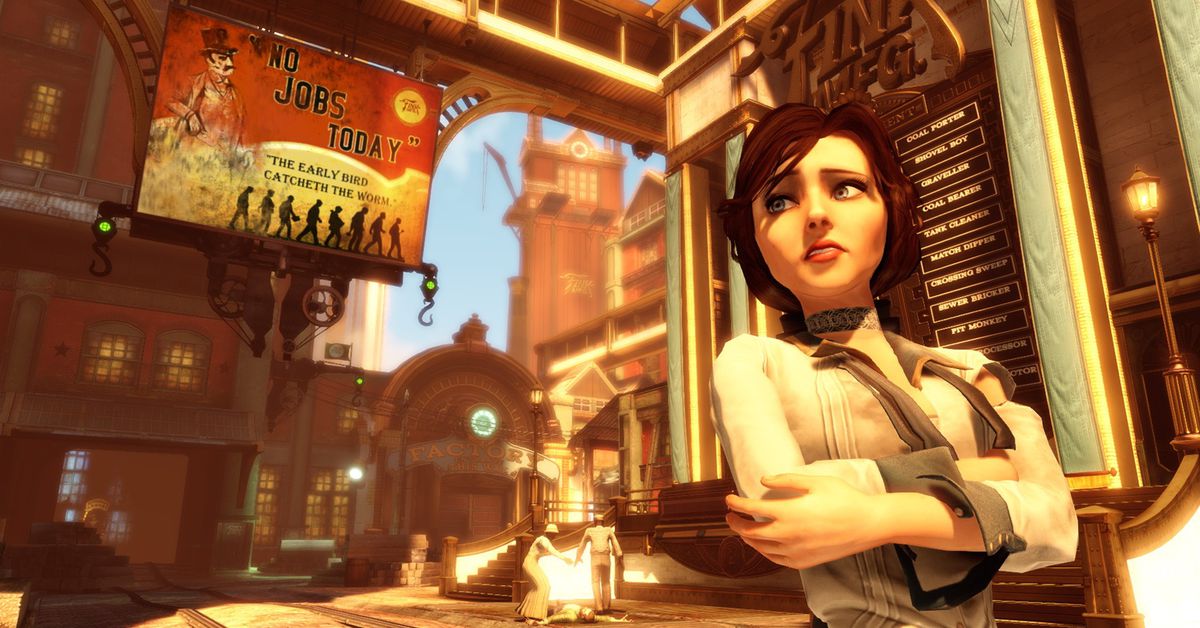- cross-posted to:
- gaming@beehaw.org
- cross-posted to:
- gaming@beehaw.org
Thought this was a fun article to read, wanted to share. It’s meant to be a hot take :P
Edit: Disappointed at a lot of these responses. I thought it would garner some interesting discussion about story-telling and how shifting political and societal views in the 2020s can change our views of games we’ve played previously. Barely anyone commenting bothered to read the article and about a third are just trashing the source. Awesome, thanks for the input everybody. I’ll go back to lurking.
FTA:
The crucible of how the game treats its profundity is in the relation between its white Founders faction, which is in power, and its rebellious Vox Populi, who are attempting to liberate the oppressed racial and political classes of Columbia. The player stands between these two forces, doing tasks for each in turn, eventually learning that both are insufficient in creating a good reality. As Chris Franklin highlighted in a recent video, this is a common refrain in projects that Levine has worked on: putting the player in the position of a mediating force between two extremes. The player can feel pulled, and compelled, toward different directions while ultimately being forced down a particular path. Playing as a character who is terminally in the middle of the road allows us to point fingers at any insufficiencies we see in the world around us — as King put it, “gamers like to feel smart,” and seeing the gaps of logic in the various worldviews on display can make us feel like clever social analysts. A player uses magic in their left hand while holding a gun in their right hand in a screenshot from BioShock Infinite.
From the vantage of 2024, it seems that one of the key problems of Infinite’s view from nowhere is infinity itself. No matter your viewpoint, Infinite seems to present you with some ideas that might align with your vision of the world and others that might challenge you. This is probably an admirable goal — art can give us perspectives on the world that we don’t yet understand, and that’s one of the many ways that creative expression can change us.
If there’s an issue here that generates the endless debates about whether Infinite is good, it’s that the game does not provoke us with a particular person’s, group’s, or ideology’s perspective. Instead, it just confronts us with the idea that many different ways of existing in the world are real, and any of them taken to their logical extreme will exclude all others. What produces the “both sides” problems of Infinite is a problem of imagination. Infinite is a universe of plural worlds, and if any of them takes over fully, everything goes bad.



So not “is it a good game” but “is the story agreeable artistically and in its implications”